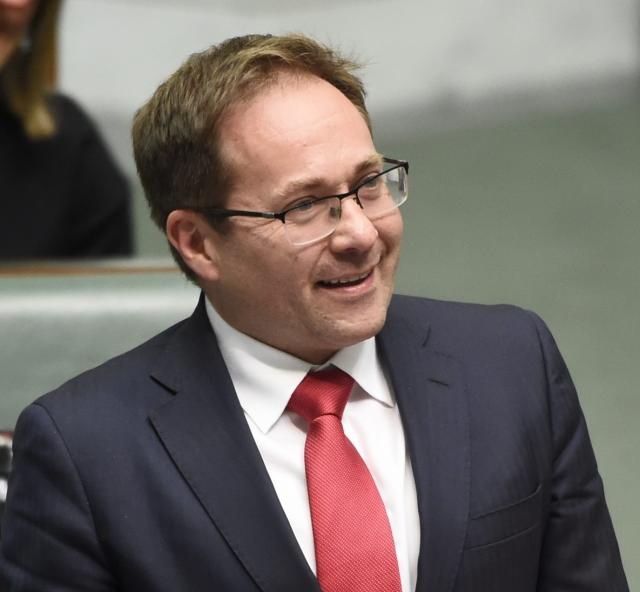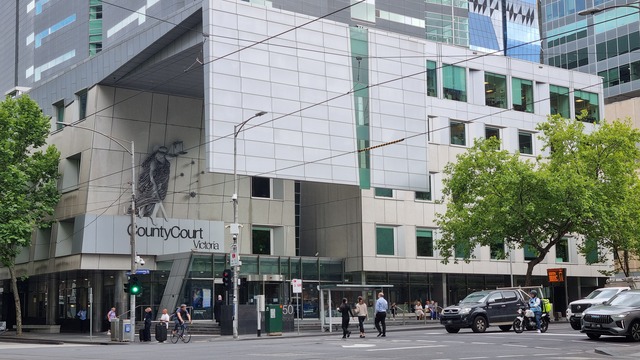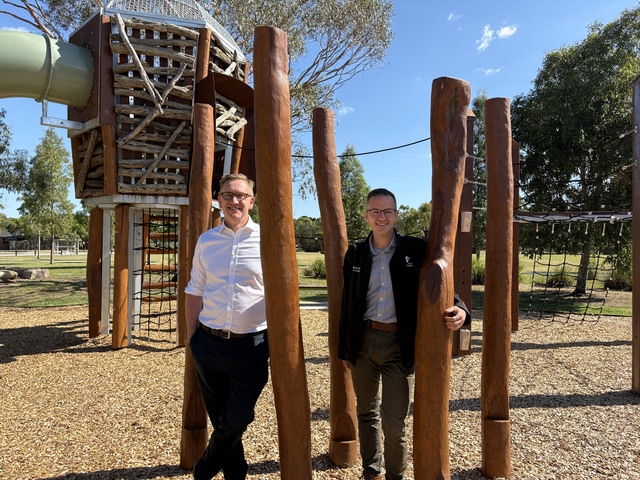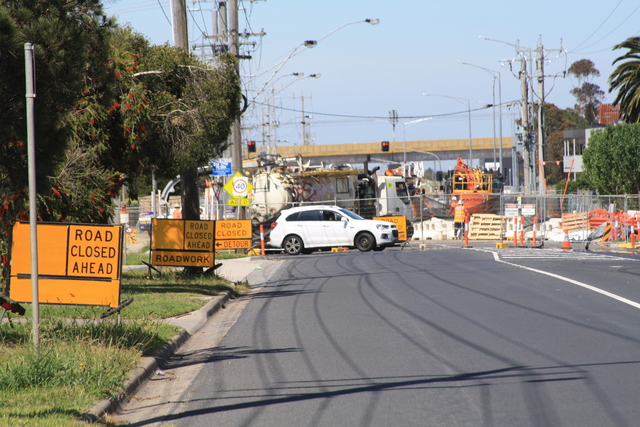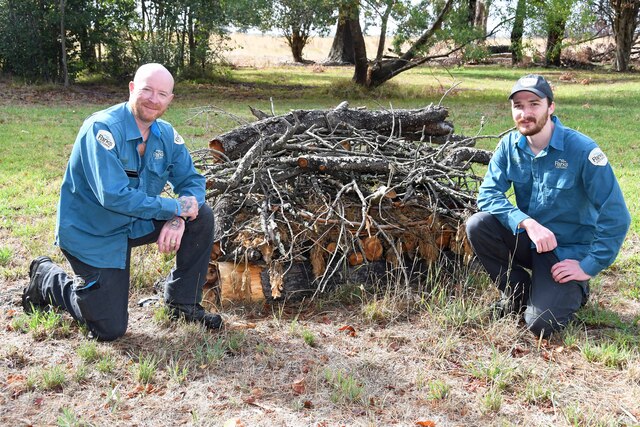With the appointment of Dr Daniel Mulino as Assistant Treasurer, the Albanese Government faces a moment of reckoning for the future of Australian journalism. The implementation of the News Media Bargaining Incentive is now urgent, not just because Meta has walked away from its deals, but because this time, the system must actually support the journalists doing the work where it counts.
The original News Media Bargaining Code, introduced in 2021, was a landmark reform. It finally delivered essential remuneration for news content that had been exploited by global digital platforms for decades, content that helped build the enormous reach and profitability of companies like Google and Meta. For publishers like ours, that funding provided a lifeline, helping to stabilise operations and protect jobs in dozens of local newsrooms.
But it should have gone further. Despite the intent of the Code, the bulk of the money went to the largest and most powerful players. News Corp, Nine, and others were able to strike massive deals early, using their scale, political leverage, and lobbying power to capture the lion’s share of the value. Smaller, independent publishers were left to negotiate from a position of weakness, often too late to achieve a fair outcome.
Now, with Meta refusing to renew its agreements and the government responding with the News Media Bargaining Incentive, the same imbalance must not be repeated. If Meta chooses to pay the flat charge rather than negotiate new commercial deals, as it has indicated, it will be up to the government to collect and distribute the funds equitably. This time, the funding must go where it is truly needed.
At Star News Group and Today News Group, we publish nearly 60 mastheads, most in regional and outer suburban communities. We are proud members of Country Press Australia, which represents 220 independent newspapers, each one anchored in its community, each one providing journalism that no one else does. Our reporters cover council meetings, courts, emergencies, local sport, and general community news. They live where they report.
That kind of journalism is disappearing, and without direct and targeted support, more of it will go.
By contrast, some of the biggest media companies in Australia have built models increasingly reliant on clickbait, sensationalism, and partisan opinion. News Corp’s content is often more about provoking reaction than informing the public. That is their prerogative, but it should not be where the public’s journalism support ends up.
This is a moment for the government to draw a line and reset the balance. The new system must support genuine public interest journalism, especially in communities where no other source of news exists. It must fund those who are reporting on the ground, not those churning out engagement driven content from centralised newsrooms.
Dr Mulino must act quickly. The legislation is not yet in place. The levy and offset framework remain unclear. And local publishers across Australia are already feeling the financial impact of Meta’s withdrawal.
Prime Minister Albanese has said he wants a government that governs for all Australians. That includes the millions in regional towns and suburban communities who rely on local news to stay informed and connected. The News Media Bargaining Incentive is the government’s opportunity to prove it.
It is not just about media economics. It is about whether democracy remains meaningful outside the capital cities. It is about whether truth, scrutiny, and representation are still available to every Australian, no matter where they live.
We got a lifeline last time, but it was never enough. This time, let’s make it fair. And let’s make it count.
* Paul Thomas is managing director of Star News Group and Today News Group and a life member of Country Press Australia and the Victorian Country Press Association.

